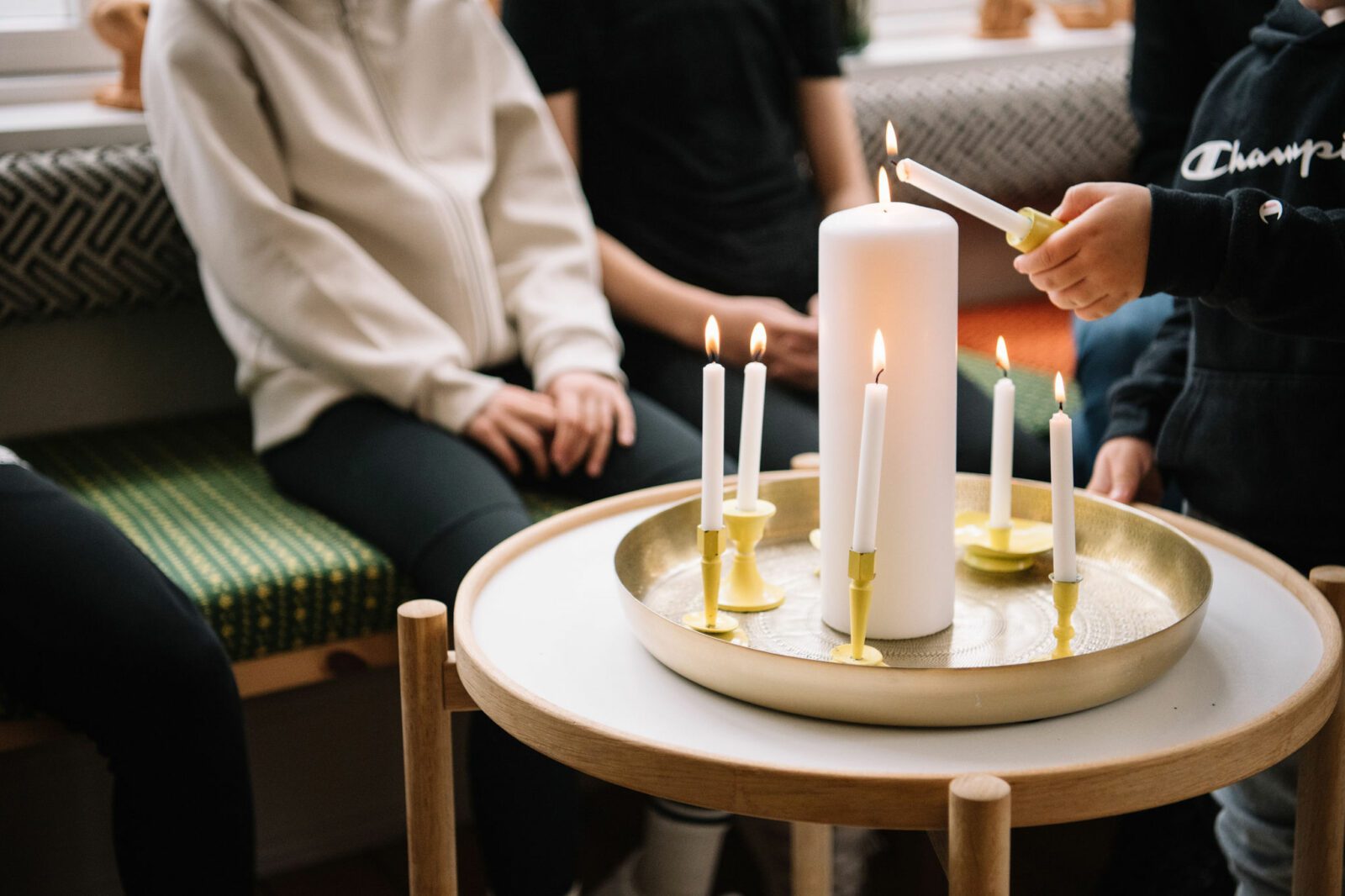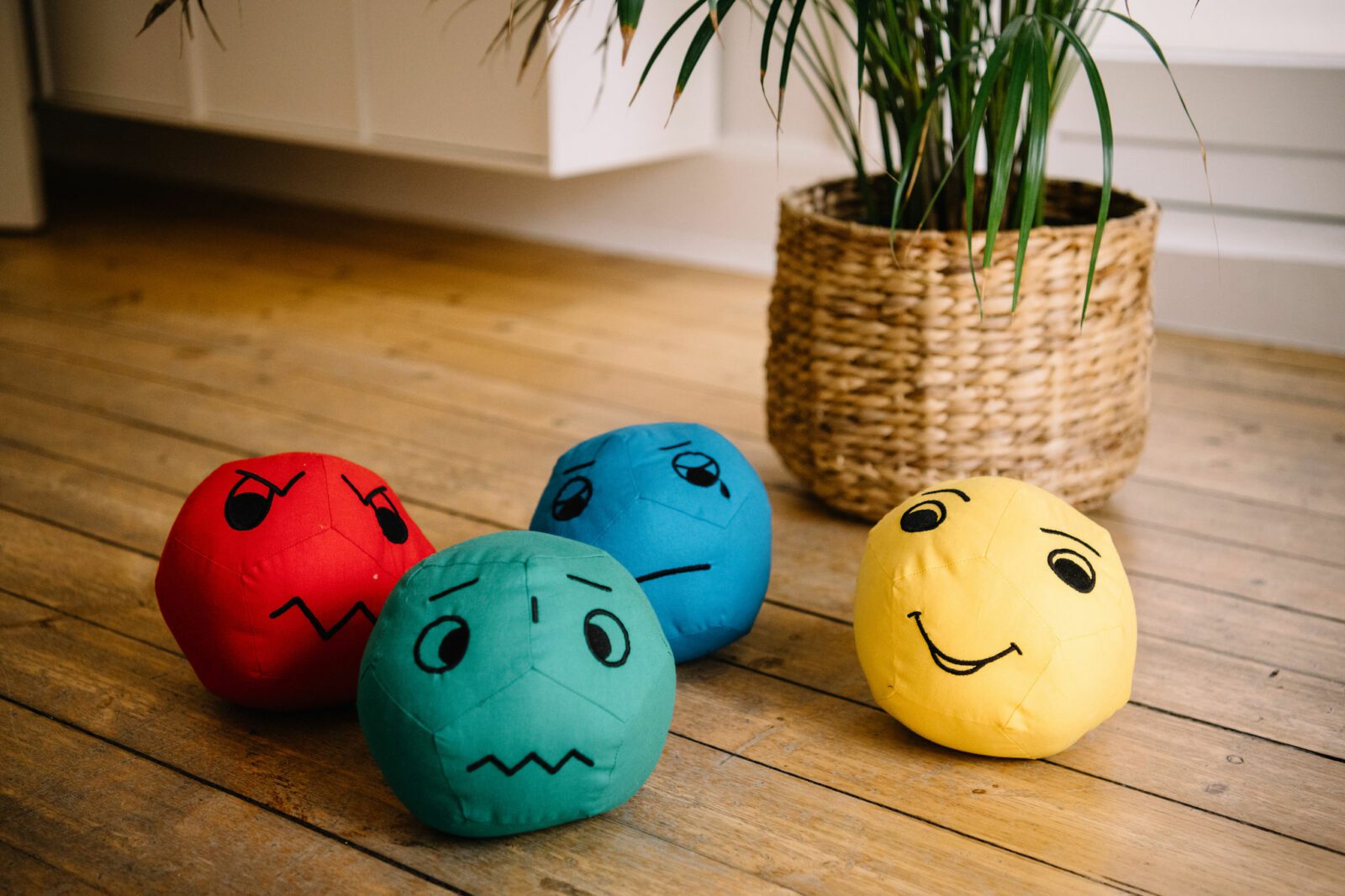
What is grief?
Grief is a natural reaction to losing someone you love. People who have lost a loved one all react very differently. Some people show strong emotions, others hide them more, others don’t feel very strong reactions etc. In families that have experienced loss, different family members often have very different reactions, and they can react at different times. One reason is that we are all different as people, and therefore we react differently. Grief also varies by age, gender, relationship with the deceased, circumstances around the death etc. It’s therefore important to remember that grief is a natural reaction, and that there is no right or wrong way to grieve.
Grief reactions
Grief can, as mentioned, manifest in many different ways. Grief is often a mixture of emotional, physical, social or thought-pattern reactions. Below are some examples of what reactions you might experience linked to grief.
Emotional reactions:
- Sad
- Anger
- Fear
- Guilt
- Loneliness
- Longing
- Shock
- Relief
- Other related feelings
Physical reactions:
- Exhaustion
- Headache
- Stomach ache
- Difficulty sleeping
- Changes in appetite
- Other physical reactions
Social reactions:
- Less energy for social activities
- Feeling different
- Feeling like others don’t understand you
- Greater need for support
- And other reactions
Mental reactions:
- Difficulty remembering
- Difficulty concentration
- Thoughts about death
- Difficulty really understanding the death
- Worry about the future
- And other reactions
These reactions are not present all the time. Most people alternate between grieving and being happy and looking more to the future. Being happy or taking a break from the grief can lead to feelings of guilt for some, but it is a natural and necessary part of grieving, amongst other reasons because it contributes to learning how to live with the grief.
Children and young people are often afraid that they might lose other people too. They may feel a greater need to know where their parents are and to know that they are well. This is a common reaction, which often goes away on its own as they gradually start to feel more secure again. If it doesn’t go away on its own, it can be good to seek help.
Many children and young people also feel different and alone in the grief. It can feel as if others don’t really understand how they are feeling or that they maybe don’t find the same things interesting anymore. It can often be helpful to talk about how it feels with friends or others who have also experienced loss. They can never know exactly how you feel, but they can learn to understand it better.

Grieving process
Grief is, as mentioned, highly individual and so is the process of grieving. It used to be thought that you went through stages of grieving and that you were done grieving once you were through these stages. Today grief is considered more of an individual process, where most people learn to live with the grief.

When you are grieving most people shift between being immersed in the grief and feeling happy or looking forward. This is a natural part of grieving. It’s both good to be in the grief and to take a break from the grief and be happy. It contributes to learning to live with the grief.
There are often multiple reactions initially after the loss. Many people can feel overwhelmed and find it difficult to get through daily life, or they find that grief takes up a lot of space in their daily life. As time goes by these grief reactions grow weaker and they become more spaced out, as one gradually learns to live with the grief.
Although you learn to live with grief, it can often come back during special occasions in life. These can include holidays, special occasions, when you have a child, get married, graduate, etc.
For about 7% of the people, who have lost one of their nearest, grief can develop into prolonged grief. This can for example be if the grief reactions don’t diminish in number and remain nearly as strong as in the beginning, or the grief interferes with daily life a long time after the death. Some also develop symptoms of depression, anxiety or PTSD. If grief develops into prolonged grief therapy is needed.